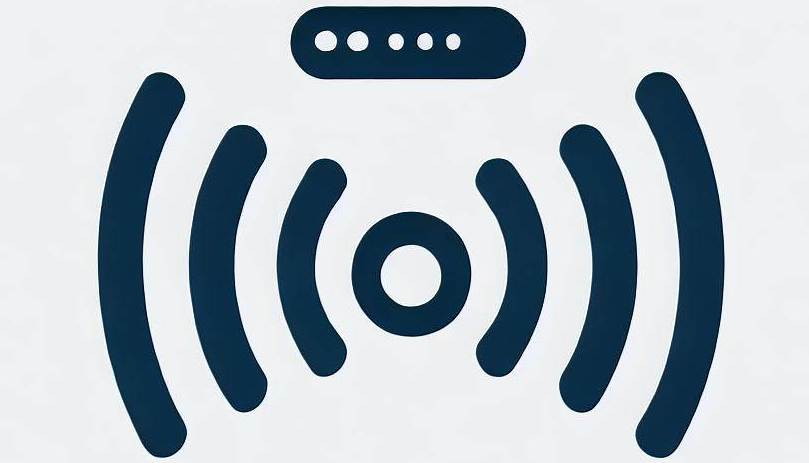
Introduction
Forgiveness is a powerful and transformative act that has the ability to heal wounds, mend relationships, and free us from the burdens of anger and resentment. While forgiving those who have wronged us may seem like a daunting task, it is a journey worth undertaking for our own well-being and peace of mind. In this article, we will explore the profound concept of forgiving our enemies and the practice of praying for them, offering guidance on how to navigate this challenging but ultimately liberating process.

Understanding Forgiveness
Forgiveness is not about condoning or excusing the actions of those who have hurt us; rather, it is a decision to release the hold that their actions have on our emotions. It is a conscious choice to let go of anger, resentment, and the desire for revenge. Forgiveness is not weakness; it takes strength to confront our pain and choose the path of healing.
- Acknowledge Your Feelings: Before embarking on the journey of forgiveness, it’s important to acknowledge your feelings. Allow yourself to feel the anger, hurt, and betrayal that you may be experiencing. Denying or suppressing these emotions can hinder the process of forgiveness.
- Empathy and Understanding: Try to understand the perspective of your enemy. Often, hurtful actions stem from a place of pain, fear, or misunderstanding. This doesn’t justify their behavior, but it can help you empathize with their humanity.
- Letting Go: Forgiveness is about releasing the emotional baggage that keeps you tied to your enemy’s actions. It’s like unburdening yourself from a heavy load. Holding onto grudges only prolongs your suffering and gives power to those who hurt you.
Practicing Forgiveness
- Self-Compassion: Begin by showing compassion to yourself. Understand that forgiveness is a process, and it’s okay to have conflicting emotions. Be patient with yourself as you work through your feelings.
- Choose Forgiveness: Make a conscious decision to forgive. It might not happen overnight, but committing to the process is a significant step.
- Write a Letter: Consider writing a letter to your enemy, expressing your feelings and your intention to forgive. You don’t necessarily have to send it; the act of writing itself can be cathartic.
- Practice Empathy: Put yourself in their shoes. Reflect on their circumstances and motivations. This can help you humanize them and understand that their actions were not solely directed at you.
- Focus on Healing: Redirect your energy towards healing and growth. Engage in activities that bring you joy, spend time with loved ones, and invest in your own well-being.
Praying for Your Enemies
Praying for your enemies might seem counterintuitive, but it’s a transformative practice that can lead to a deeper sense of compassion and inner peace.
- Pray for their Well-Being: Offer prayers for your enemy’s happiness, health, and success. This act of goodwill can soften your heart and promote healing.
- Release Negative Energy: Praying for your enemies helps you release the negative energy associated with resentment. It shifts your focus from their wrongdoing to your own spiritual growth.
- Transformation: Praying for your enemies has the potential to change not only your perspective on them but also the way they perceive you. It might initiate a positive shift in the dynamic between you.
Conclusion
Forgiving our enemies and praying for them is a profound act of self-liberation. It allows us to rise above the pain and negativity that can consume us, opening the door to personal growth, inner peace, and emotional well-being. While forgiveness is not always easy, it is a path that leads to freedom from the shackles of resentment and anger. As we let go of the past and embrace compassion, we pave the way for a brighter and more harmonious future.













